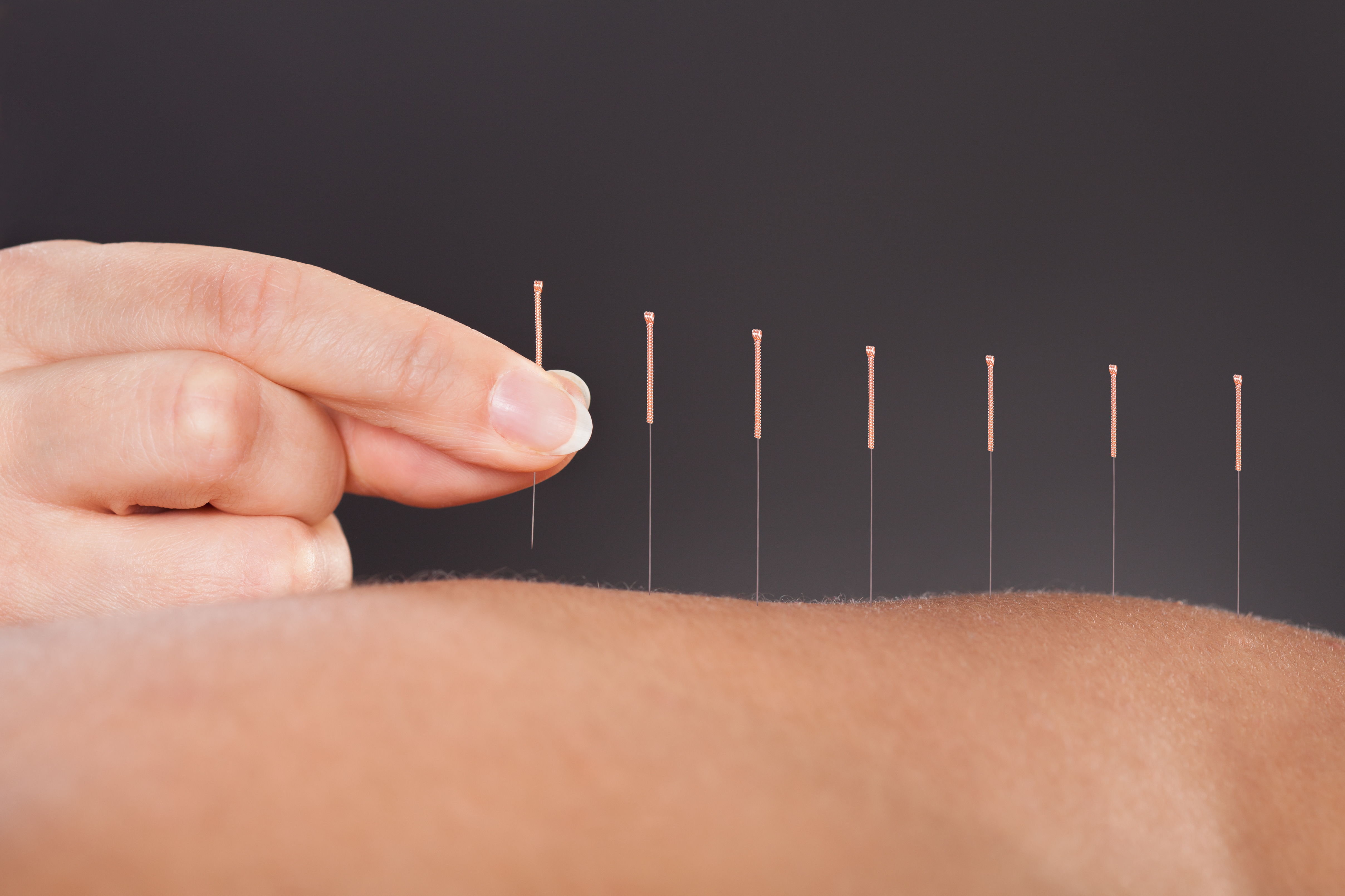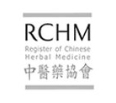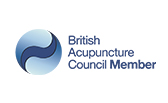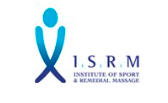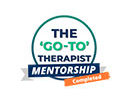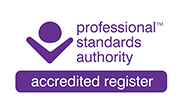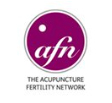When you need pain relief, stress or injury relief, it’s simple to think that all needling therapies are one and the same. But when deciding between acupuncture and dry needling, the difference is significant, particularly when making an appointment for a London acupuncture treatment session.
Both techniques employ fine needles, and both can be used to treat sites of tension or pain. But that is where the similarity really stops. The philosophy, training, and breadth of what each method can treat are quite different.
Dry Needling: A Mechanical Intervention
Dry needling is a contemporary manual therapy method that aims at reducing muscle tension and trigger points. It’s widely practiced by physiotherapists or sports therapists who have received brief add-on courses, typically specializing in musculoskeletal pain.
In dry needling, the needle is placed in a contracted muscle band to elicit a twitch response, which can relax local tension. For that transient relief, however, dry needling encompasses no diagnostic system at all except for physical palpation. It doesn’t review patterns of disharmony, organ function, or emotional context. It’s a totally mechanical device, applied to relieve localized tension, not the entire person.
Acupuncture: A Complete Medical System
Conversely, acupuncture is an integral system of Chinese medicine with a history of well over 2,000 years of clinical practice. Good acupuncture takes into account the internal balance of the body, the emotional well-being, and the interrelationship of various organ systems. It is not merely a question of where you hurt, but why you hurt in the first place.
Licensed acupuncturists employ a diagnosis that encompasses tongue and pulse examination, case history, and energetic evaluation. The goal is to reveal underlying imbalances and collaborate with the body to correct them, rather than simply release tension in one muscle.
At Acubody, we provide London acupuncture treatment performed by degree-trained and British Acupuncture Council (BAcC)-registered practitioners, the UK’s pre-eminent professional body. BAcC registration demands thousands of hours of instruction and clinical experience and is validated by the Professional Standards Authority. This is distinct from manual therapists who can use acupuncture needles with no formal training in Chinese medicine.
Our acupuncture sessions also borrow from a broader set of tools – herbal medicine, bodywork, and movement coaching – to provide truly integrative care for your requirements.
So take a moment to reflect on what you’re actually seeking before you schedule a session. If it’s honest healing that gets beyond symptoms, then professional acupuncture is the way to go, and we’ll see you through safely, with care, experience, and clarity.

 by admin
by admin 11 August 2025
11 August 2025 
